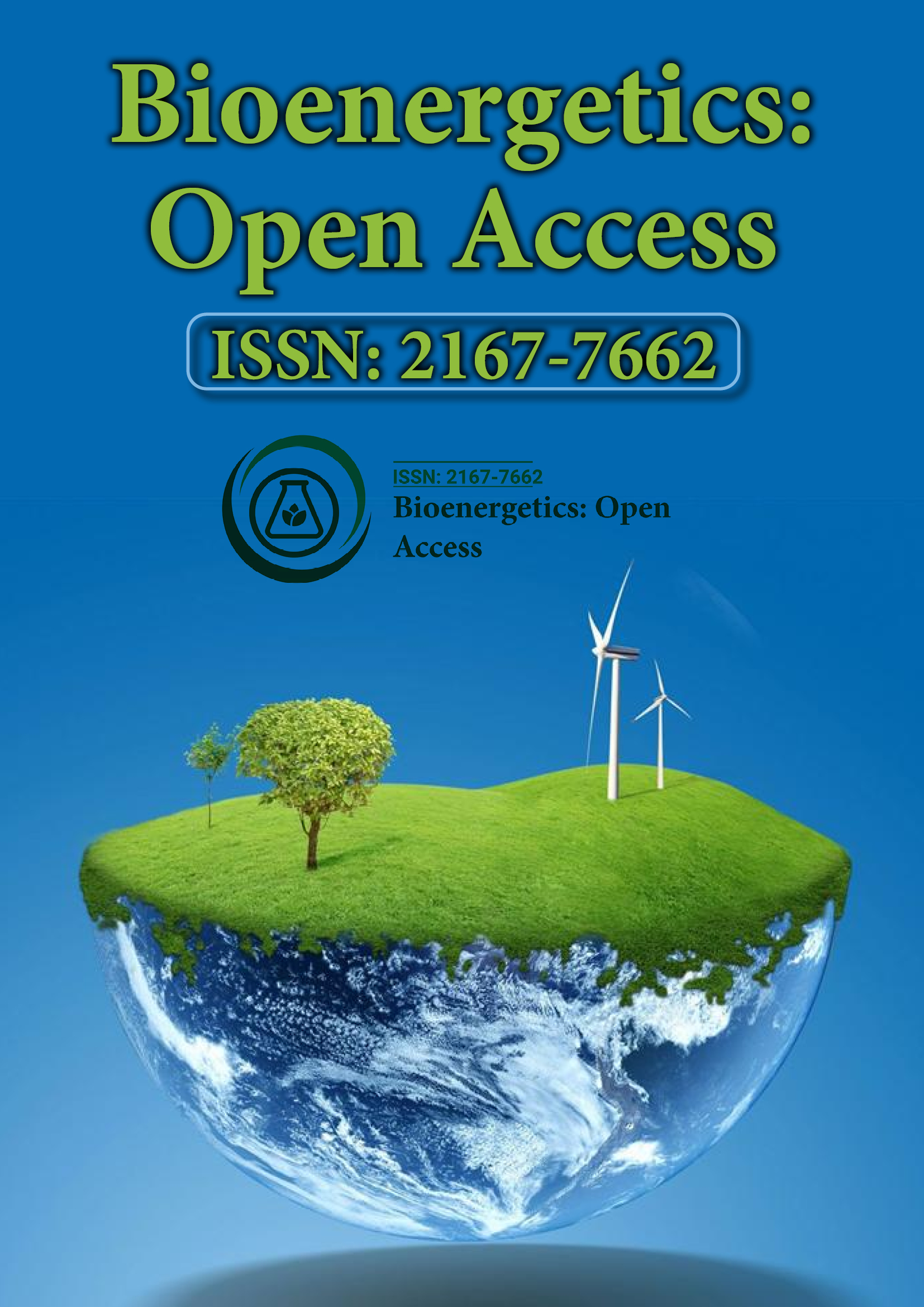Indexé dans
- Ouvrir la porte J
- Genamics JournalSeek
- Clés académiques
- RechercheBible
- RechercheRef
- Répertoire d'indexation des revues de recherche (DRJI)
- Université Hamdard
- EBSCO AZ
- OCLC - WorldCat
- érudit
- Publions
- Pub européen
- Google Scholar
Liens utiles
Partager cette page
Dépliant de journal

Revues en libre accès
- Agriculture et aquaculture
- Alimentation et nutrition
- Biochimie
- Bioinformatique et biologie des systèmes
- Business & Management
- Chimie
- Génétique et biologie moléculaire
- Immunologie & Microbiologie
- Ingénierie
- La science des matériaux
- Neurosciences & Psychologie
- Science générale
- Sciences cliniques
- Sciences environnementales
- Sciences médicales
- Sciences pharmaceutiques
- Sciences vétérinaires
- Soins infirmiers et soins de santé
Abstrait
Les nanoparticules comme thérapies émergentes pour faire face à la résistance aux médicaments antimicrobiens
Navnit Kumar Mishra
L'émergence de la résistance des médicaments antimicrobiens aux composés antibiotiques traditionnels est un problème mondial avec des défis considérables prévus pour le traitement de nombreuses infections bactériennes graves. La résistance aux médicaments contre les antibiotiques courants a connu un regain d'intérêt dans le développement de nouvelles thérapies telles que les nanoparticules contre les microbes. Certaines nanoparticules ont déjà été observées comme ayant des propriétés antimicrobiennes. Bien que la base biologique de cet effet soit actuellement inconnue, on suppose que les interactions quantiques au sein de la cellule jouent un rôle vital dans la régulation de la transcription de l'ARN relative aux régions codantes (relatives aux gènes) et non codantes (ARN structurel) du génome. Ces transcriptions interagissent et établissent une communication intracellulaire dans la bactérie Escherichia coli. Leur interaction peut être dépliée par l'application de nanoparticules. La réponse en termes de croissance bactérienne et d'expression d'ARN lors de l'exposition aux nanoparticules peut être évaluée. De plus, le site d'incorporation des nanoparticules dans la cellule bactérienne et les interactions potentielles des transcriptions intracellulaires ont été émis l'hypothèse.